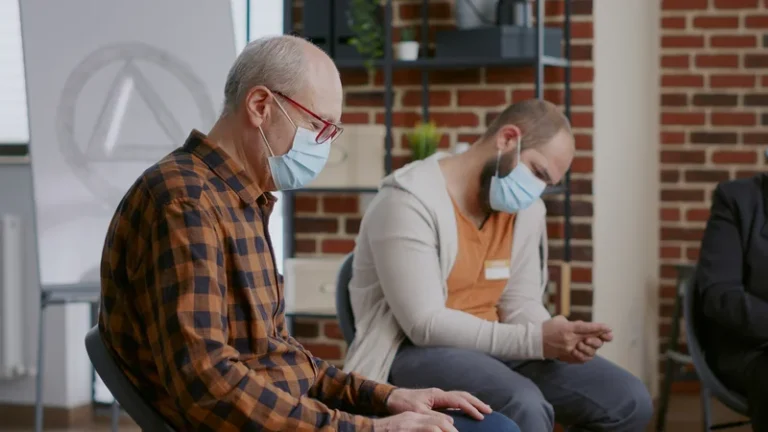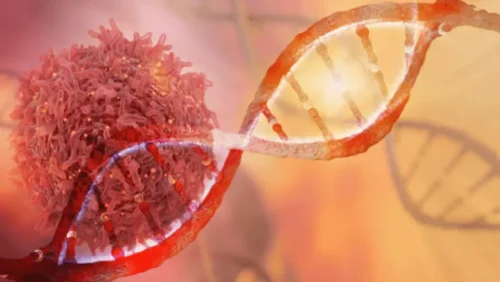
Whether it was apologizing for being late for work, missing an event, misusing property or stealing money to support an addiction, expressing remorse was likely a daily occurrence. The guilt may have been real, but the apology didn’t come with lasting change. But, as difficult as it is, completing this step can provide an immense sense of relief and newfound hope for the future.
Amends Versus Apologies
Sometimes, direct amends are not possible or advisable, especially if it might cause further harm. In such cases, living amends—ongoing changes in behavior and attitudes—are made to demonstrate a commitment to sobriety, personal growth, and making a positive difference. By consistently embodying these changes, individuals can rebuild trust and repair relationships over time. Making direct amends to those harmed is the focal point of the Ninth step in the 12-step process.
Comprehensive Care

Are you taking the step to clear your conscience at the expense of another person? I cannot go back and change the past, but I can take responsibility for my actions. Each day I ask my Higher Power for the strength to help me stay sober and live responsibly and with honesty. I hope you can find it in your heart to forgive me, but if not, I understand. Before approaching Step 9, you need to complete the inventory in Step 8. This is a list of all of the people in your life whom you believe you have harmed.
Are You Ready for Step 8 AA?
- Making living amends primarily benefits you and not the people you’ve wronged in the past.
- That’s because it attempts to rectify the outward consequences of the disease.
- In some cases, making amends may mean paying or promising to pay “whatever obligations, financial or otherwise, we owe,” the Big Book also states.
It can be a challenging list to write, even for those who want to embrace forgiveness and inner peace—but the list is important. By working through the list in Step 9 and making amends to each person named there, you will restore a piece of yourself with each conversation. By connecting living amends faith and experience, AA has found a way to make spirituality attractive and available to many who never thought they would spend so much time thinking about God. For some, that personal relationship with a Higher Power, combined with the community of meetings, is enough.

Committing to Changed Behavior
More often than not, step nine will be painful, but also equally freeing. There is no denying that taking step nine takes tremendous courage. Our team of experienced and compassionate therapists and counselors guides clients through every step of the recovery process.

Our Script and Guide to Making Amends in AA and NA
Ask yourself if you’ve truly embraced humility and given yourself over to a higher power. American Addiction Centers (AAC) is committed to delivering original, truthful, accurate, unbiased, and medically current information. We strive to create content that is clear, concise, and easy to understand.
- For example, Alcoholic Anonymous (AA)’s ninth step involves making amends to the individuals in your life who were affected by your addiction.
- But, as difficult as it is, completing this step can provide an immense sense of relief and newfound hope for the future.
- Being helpful toward others can mean lending a hand to friends and family who need help moving, checking in on elderly parents, or offering to babysit their nieces and nephews for a parent’s night out.
- Volunteering for a worthwhile cause or supporting a charity can be a valuable way to make amends.
- This signifies the acceptance of one’s responsibility for harmful actions.
- It’s definitely central to respect the desires of individuals who opt out and to concentrate on your recovery, rather than on achieving forgiveness or easing personal guilt.

